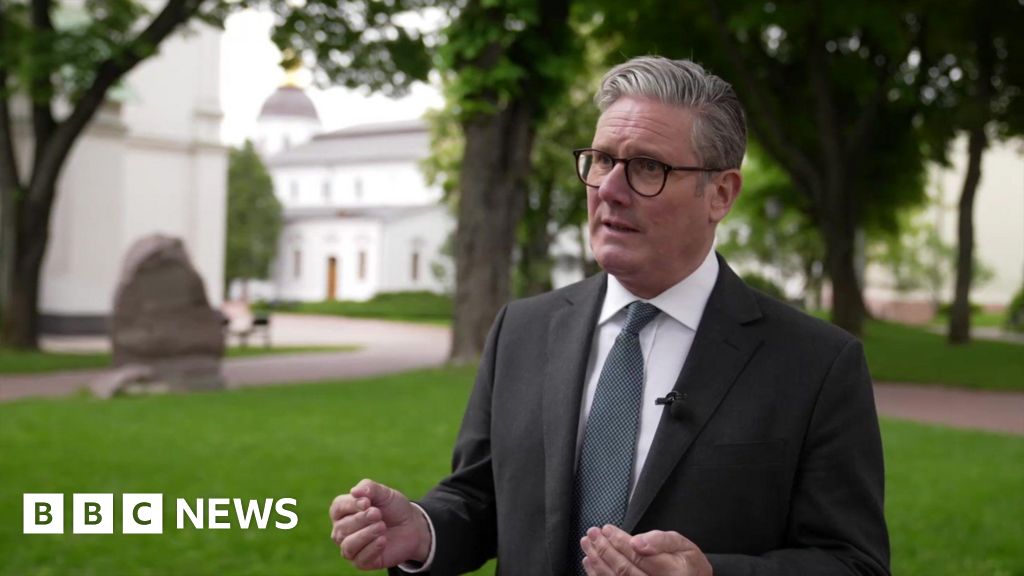Putin Calls for Direct Talks with Ukraine: A Potential Turning Point After Three Years of Conflict?

After three years of intense conflict, Russian President Vladimir Putin has unexpectedly proposed direct peace talks with Ukraine, setting a tentative date of May 15th in Istanbul. The announcement, made on Sunday, has sent ripples through the international community, raising hopes for a potential de-escalation and a pathway towards a durable peace. However, significant challenges and deep-seated mistrust remain.
Putin's proposal specifically stated that the talks should be aimed at achieving a lasting peace and, crucially, addressing the “root causes” of the war. This emphasis on addressing underlying issues suggests a desire to move beyond a simple ceasefire and tackle the complex geopolitical factors that fueled the conflict. While the specifics of these “root causes” remain undefined, analysts speculate they likely include concerns over Ukraine’s alignment with NATO, the status of Russian-speaking populations within Ukraine, and Russia’s broader security interests in the region.
A History of Stalled Negotiations
Previous attempts at peace negotiations between Russia and Ukraine have repeatedly stalled, often hampered by diverging objectives and a lack of trust. The initial talks in the early stages of the war showed promise, but quickly faltered as both sides solidified their positions. Mediations by Turkey and other international actors have also yielded limited success. The proposal for talks in Istanbul, a city with a history of facilitating diplomatic solutions, may be strategically chosen to create a more conducive environment.
Ukraine's Response and International Reaction
Ukraine’s response to Putin’s proposal has been cautious. President Zelenskyy has indicated a willingness to engage in talks, but has stressed the importance of preconditions, including a full Russian withdrawal from occupied territories and guarantees of Ukraine's sovereignty and territorial integrity. The international community, including the United States and the European Union, have welcomed the proposal, while urging both sides to approach the negotiations in good faith and with a genuine commitment to finding a peaceful resolution.
Challenges Ahead
Despite the potential for progress, numerous obstacles remain. The deep-seated animosity between the two sides, the ongoing military operations, and the conflicting narratives surrounding the war all present significant challenges. Furthermore, the involvement of external actors, such as the United States and NATO, adds another layer of complexity to the negotiations.
The Road to Peace?
Whether Putin’s proposal marks a genuine shift towards a peaceful resolution remains to be seen. However, the fact that he has publicly called for direct talks, after a prolonged period of escalating tensions, suggests a possible recognition of the limitations of military action and a desire to explore alternative avenues. The coming weeks will be crucial as both sides consider their responses and determine whether a pathway to a durable peace can be forged. The world watches with cautious optimism, hoping that this unexpected development can lead to a much-needed end to the devastating conflict.






